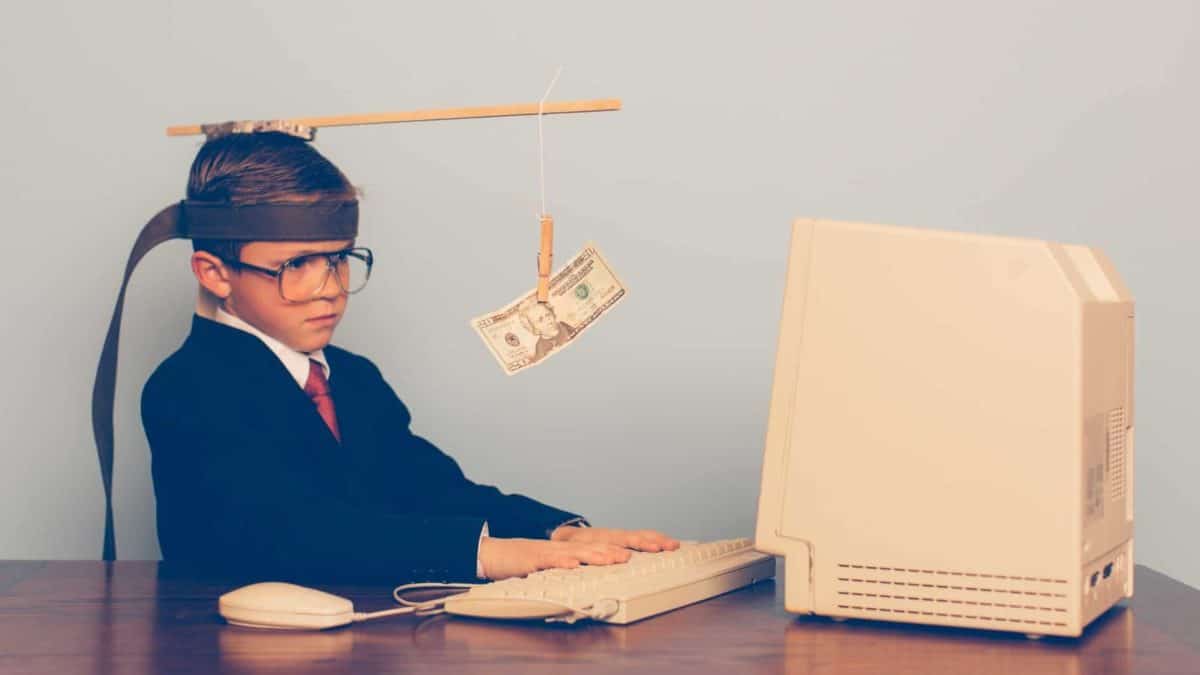I had a colonoscopy this morning.
Too much information? Sorry. But I did.
(Don't worry… I'm not going into any more detail about the procedure.)
I had it because my old man was diagnosed with bowel cancer, when he was a short 8 years older than I am now.
I have nothing but praise for our doctors and nurses — I was treated wonderfully, in terms of both their professional skills and their care and compassion.
But as I was laying there, waiting for the anaesthetist to come and knock me out, my thoughts turned, if not to melancholy, to some of the what-ifs that come with a procedure that's designed to tell you if you have cancer or its precursors.
What if today is to be the last day before a cancer diagnosis?
What if the prognosis is more serious than it otherwise might be?
Don't get me wrong… I'm not a pessimistic person in any sense of the word. And I'm not a hypochondriac (truth be told, it was constant 'encouragement' by my wife, mother and sister that was instrumental in me getting off my backside to make the appointment in the first place!).
But, faced — even indirectly — with the idea of my own mortality, it made me think.
For our purposes today, I want to stick with my thoughts in the finance realm (There were others, of course, in other domains.)
I wondered to myself whether, should the worst eventuate, I had saved enough to look after my family.
Whether I had invested prudently.
Whether my insurances were enough.
And I have to admit my thoughts turned to what I'd need to do, should I get an unwelcome report from the doctor.
Again, not in a negative or pessimistic way — I'm just someone who likes to think ahead, and to be prepared.
(Ask my wife about my planning for our camping road trips, that include more than a few maps, spreadsheets and collections of web links for research, as well as the safety equipment we carry, just in case.)
And without getting even more macabre, it reminded me of a story related by my US colleague, Robert Brokamp. One of our US members, taking care to look after his wife, should he die first, wrote, then annually updated, a letter.
Left in his top drawer, he called it, with not just a little gentle, if poignant mirth, "A letter from a dead husband".
That letter contained everything his wife needed to know about the couple's finances, including account numbers and various details, so she could pick up where he left off, should the worst happen.
The sad, though fitting, postscript to that story is that the man in question did, unfortunately, die a couple of years ago. And while I have no doubt that money wasn't foremost in his wife's mind on his passing, his care and forethought meant it was at least something that didn't need to cause her additional stress in the midst of her grief.
I don't want to get lost in the melancholy, though. In fact, the opposite.
I'm going to assume that while the man in question would have desperately wanted more years on this mortal coil, he also would have been satisfied with how he left his affairs. That it would have given him great satisfaction in life, and also as he met his end.
For me, the colonoscopy — and the all-too-rapid approach of the age at which my father was diagnosed — have focused my mind.
Most importantly, I'm going to make sure I'm living the life I want to be living, and appropriately prioritising my life.
But then, I'm going to spend some time reassessing my financial goals and the steps I'm taking to get there.
And then I'm going to write my own version of that letter, to make sure our finances aren't a burden for my wife if I go before she does.
The good news is that the colonoscopy showed no cause for any concern. I have to say, it was a relief.
But, as someone who lost a parent to cancer and still had to be prodded to get it done, can I please add my voice to those of others in your life encouraging you to go and get whatever check-up is most important for your health.
Please, make the call.
Make the appointment.
Get yourself checked out.
Then, come home, and write that letter to the important people in your life. You won't be around to appreciate its benefit, but it's a tangible gift you can give to your loved ones, after you go.
Fool on.









